The prison term of 8.5 years in the colony for Ilya Yashin became the longest term at the moment under article 207.3 of the Criminal Code of the Russian Federation on “fakes about the Russian army”. He was tried for a YouTube stream in which the politician analyzes information about the killings of civilians in Bucha. Reading out the indictment, the prosecutor said that Yashin voiced information to the media of "enemy countries", that is, the BBC, and did not mention the position of the Russian authorities or "states not under the dictates of the United States." At the same time, according to the prosecutor's office, Russian troops do not kill the civilian population in Ukraine at all.
In fact, Yashin cited arguments from all sides in the video, spoke about evidence of the crimes of the Russian army, analyzed in detail the statements of Russian propagandists and quoted the “commander” Kots, who wrote how the inhabitants of Bucha treated the Russians with milk, and if they went to the basements on demand, then only for your own safety.
Quoted by the BBC, not RIA Novosti
The basis of the accusation was that when talking about the atrocities of the Russians in Bucha, Yashin does not cite Russian media in a positive way, preferring to be guided by "publications of the media of enemy countries" – the Ukrainian "Expresso TV" and the British television channel BBC. Much of the prosecutor's speech is devoted to this. He recalls that Great Britain is included in the list of states unfriendly to Russia, while Yashin "completely ignores how events are covered in other states that are not under the dictates of the United States." Which country these are is not specified.
The prosecutor emphasizes that Yashin calls the information of "risking their lives" Russian "military correspondents" "stupid propaganda and side journalism", and speaks hostilely about Russian sources of information. According to the prosecution, the politician "directly distributes enemy propaganda of poor quality" for those who "do not apply critical thinking when perceiving information." At the same time, the oppositionist criticized the Russian media, "without refuting their statements on the merits," the prosecutor said.
Recall that the “essentially” refutation of the official reports of the Russian authorities about the war in Ukraine, which are broadcast by state-owned media, is the reason for initiating a criminal case under the article “on fakes” – any discrepancy with official information, whether argued or not, is interpreted by the authorities under the current legislation as violation of this article.
But, despite this, Yashin argued criticism of the propagandists. For example, he recalled that calling accusations of crimes a provocation is a long tradition of the Russian authorities. Yashin cited the downed Boeing, military personnel in the Crimea in the spring of 2014, the poisoning of Alexander Litvinenko, the Skripals and Alexei Navalny as an example. That is why, according to Yashin, the statements of the media controlled by the Russian authorities do not inspire any credibility. As well as the so-called military correspondents like Alexander Kots, the author of articles in Komsomolskaya Pravda, who wrote how the inhabitants of Bucha gave milk to the military.
“Demonstrated cynicism and loosened the rear”
Yashin criticizes the authorities, guided by the motive of political hatred, he "directly distributes enemy propaganda of poor quality," the prosecutor says. Yashin exposes the position hostile to Russia as a global one, however, "the states hostile to Russia are a minority, if we count them in number and their total population from the global population."
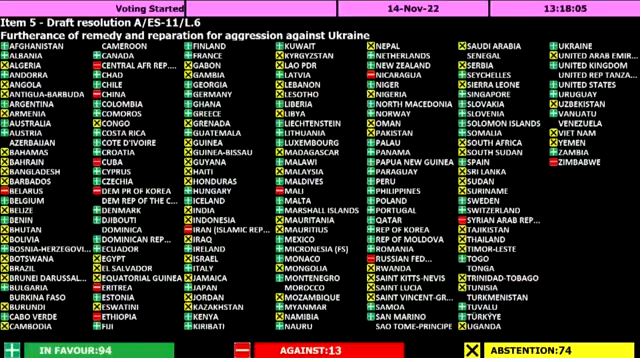
Recall that out of the 10 countries leading the world in terms of population, five are included in the list of countries friendly to Russia – these are China, India, Indonesia, Pakistan and Brazil. Included in the top ten and Russia itself. At the same time, 141 out of 195 countries condemned the invasion of the Russian military in Ukraine. The list of “Russia-friendly countries” includes only 6 states.
“The public danger of this crime cannot be overestimated,” the prosecutor says. – The point is not only that it is classified by law as serious, but also that it directly encroaches on the security of the state, contributes to the destabilization of society and the creation of an unstable rear. At a time when military personnel are fighting at the front, and millions of residents of our country voluntarily refuse support and assistance to the troops and residents of the regions accepted into Russia, it is absolutely “unacceptable” to commit such actions by a citizen of the Russian Federation, especially cynicism, unscrupulousness and readiness to achieve political goals by any methods, including the struggle of one's fatherland.
Evidence of the crimes cited in the reports of the Office of the High Commissioner for Human Rights, the OSCE mission and the Vienna Declaration, the prosecution calls legally insignificant, since the organizations “were silent and did nothing when NATO troops carried out military operations on the territory of Yugoslavia, Iraq, Libya , Syrian Arab Republic. They turned a blind eye to the atrocities committed by the followers of the famous Nazi and punisher Stepan Bandera in Ukraine since 2014.”
"Violence against civilians is not allowed"
In the meantime, Russia does not tolerate acts of violence or threats of violence against civilians, the prosecutor says. “According to the official information of the Ministry of Defense of the Russian Federation, the civilian population of Ukraine is not an object of action for the armed forces of the Russian Federation. No acts of violence or threats of violence against civilians are allowed.”
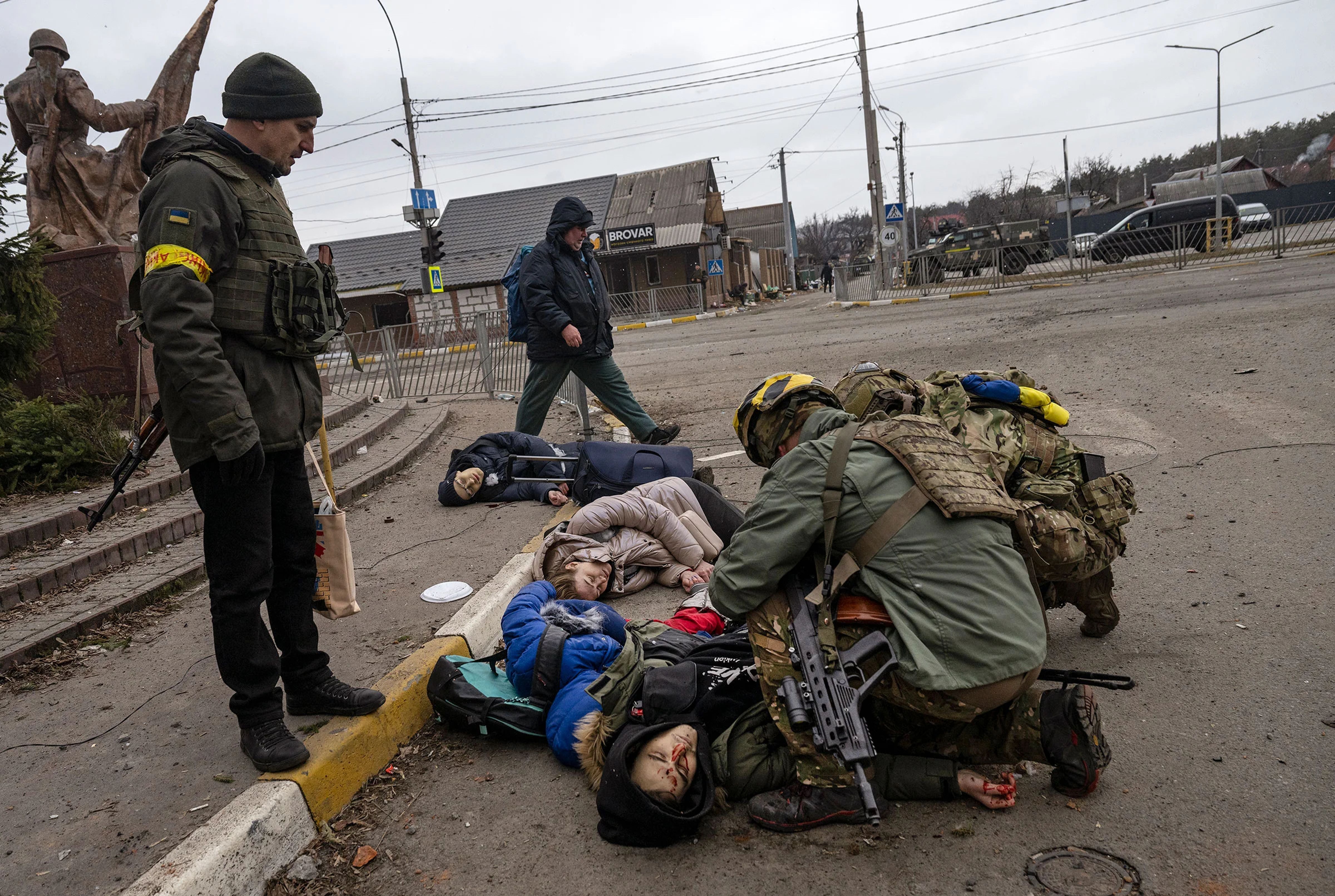
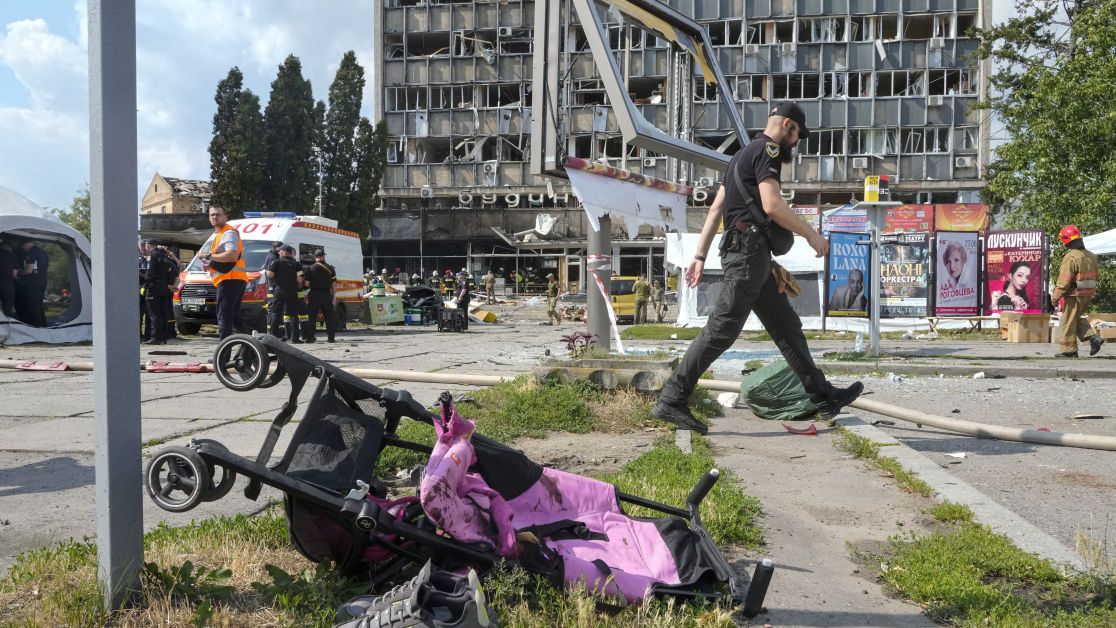
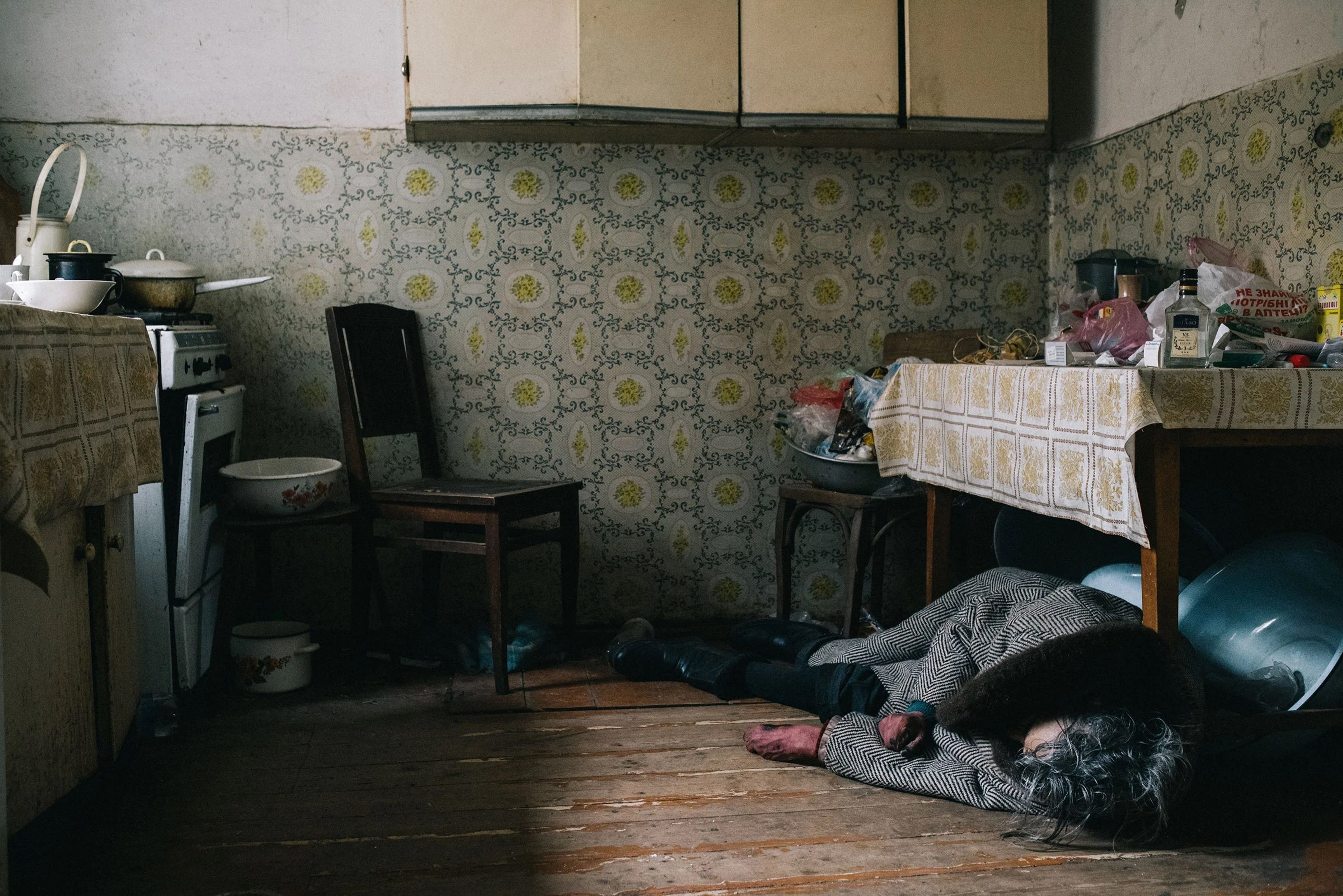
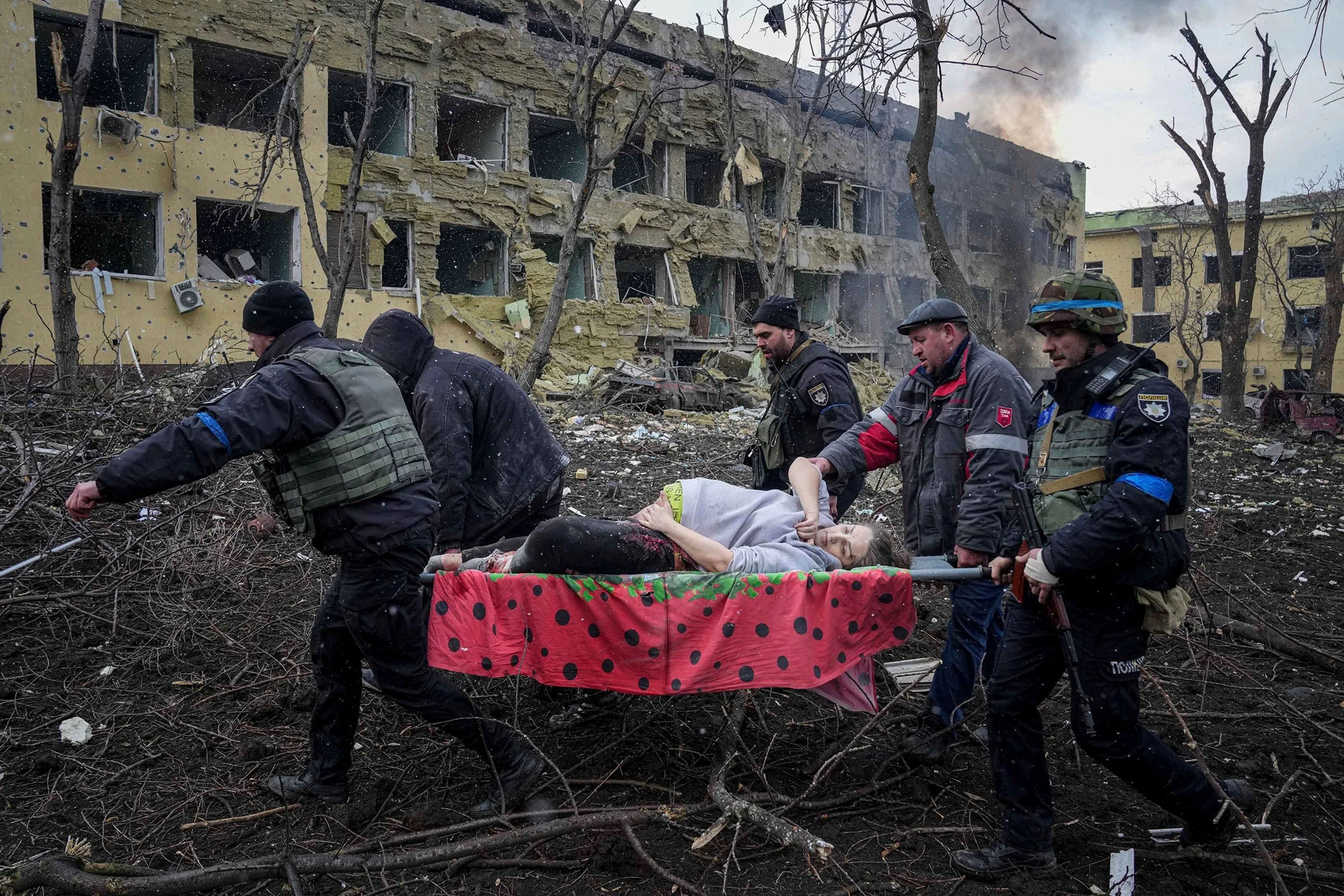
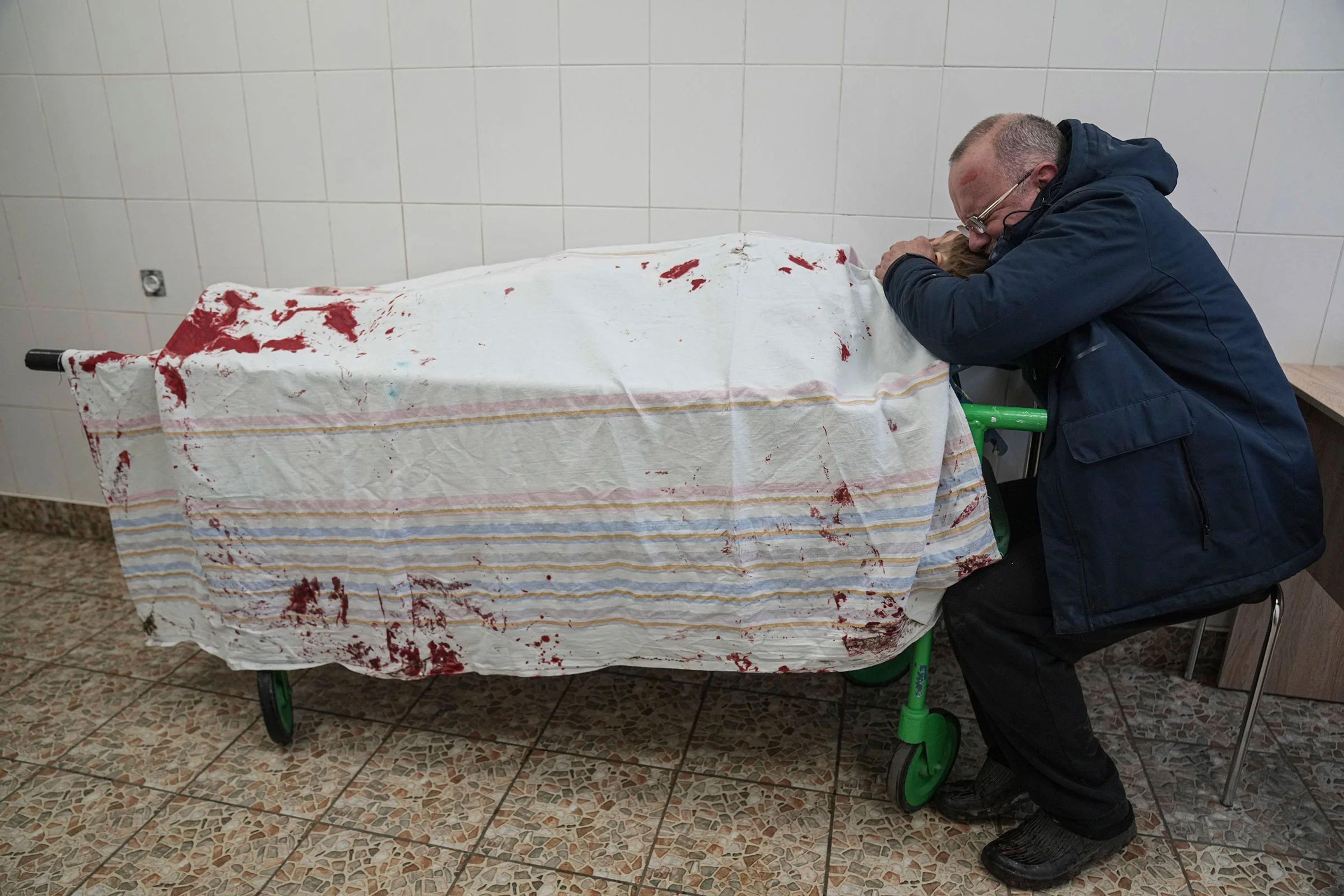
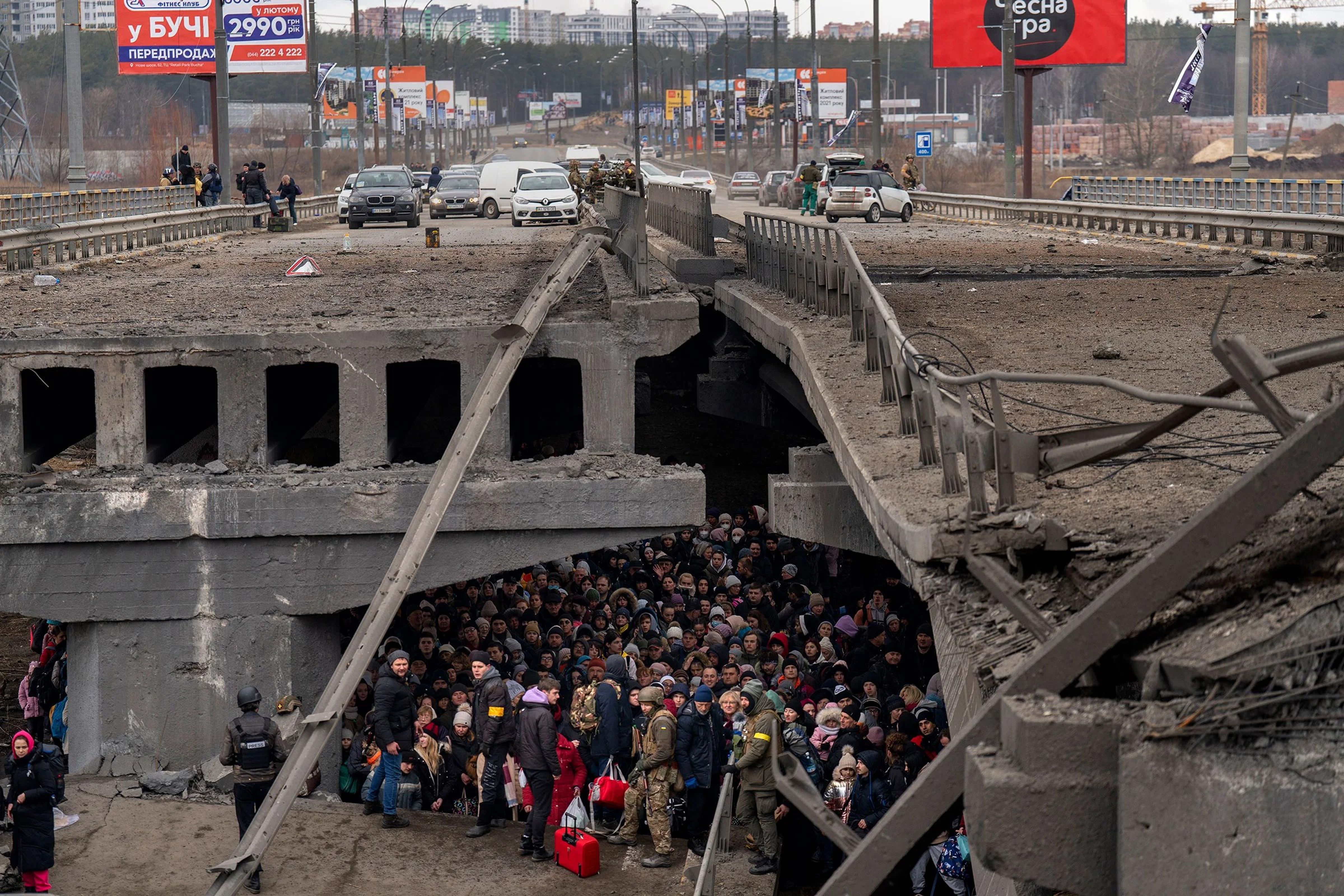
According to the prosecution, with which the Meshchansky Court of Moscow agreed, the Russians did not kill any civilians in Bucha. The prosecutor does not directly answer whether, in his opinion, there were civilian deaths there at all. There was a provocation that happened after the “unconditional offensive of the Ukrainian armed forces” on March 30, the prosecutor says. The prosecution goes on to cite a chronology of events during the retreat of the Russian troops, which allegedly proves that the Ukrainians had enough time to “prepare a provocation” (what is meant by the word provocation, the prosecutor did not explain). However, this does not follow even from the given chronology. What follows is an excerpt from the indictment.
“You should pay attention to the sequence of events. First, the organized withdrawal of Russian troops from the Kiev and Chernihiv regions after negotiations in the city of Istanbul of the Turkish Republic and the unconditional offensive of the Ukrainian armed forces took place on March 30, 2022, which was publicly reported on March 31 by the mayor of the city of Bucha Fedoruk, without mentioning in his appeal about any reprisals and corpses on the street. Secondly, the occupation of the abandoned territories by Ukrainian troops on April 1-2 was in the absence of journalists and the appearance some time later, necessary to prepare a provocation, namely, late on the evening of April 1 and in the morning of April 3, the media of Ukraine and the states assisting them in publishing about the murder of civilians by Russian military personnel the city of Bucha, Kiev region. Thus, all publications of this nature appeared only after the city of Bucha, Kiev region, was under the control of the Ukrainian army and special services for some time in the absence of journalists, who were not allowed to enter the place immediately, and all this after a calm and organized withdrawal of the armed forces of the Russian Federation, who had the opportunity at least to hide the traces of crimes, if any.
Thus, the prosecutor claims that the Russians began to leave on March 30, on March 31 – even before the entry of Ukrainian troops – the mayor of the city did not say anything about the corpses, on April 1-2, Ukrainian troops began to enter Bucha, and on the same days the first reports of mass killings of civilians and photographs of bandaged bodies that lie on the roads of the city. According to the same chronology, the Ukrainians had only a few hours to organize a provocation from the moment they entered the city on April 1 until the evening of the same day.
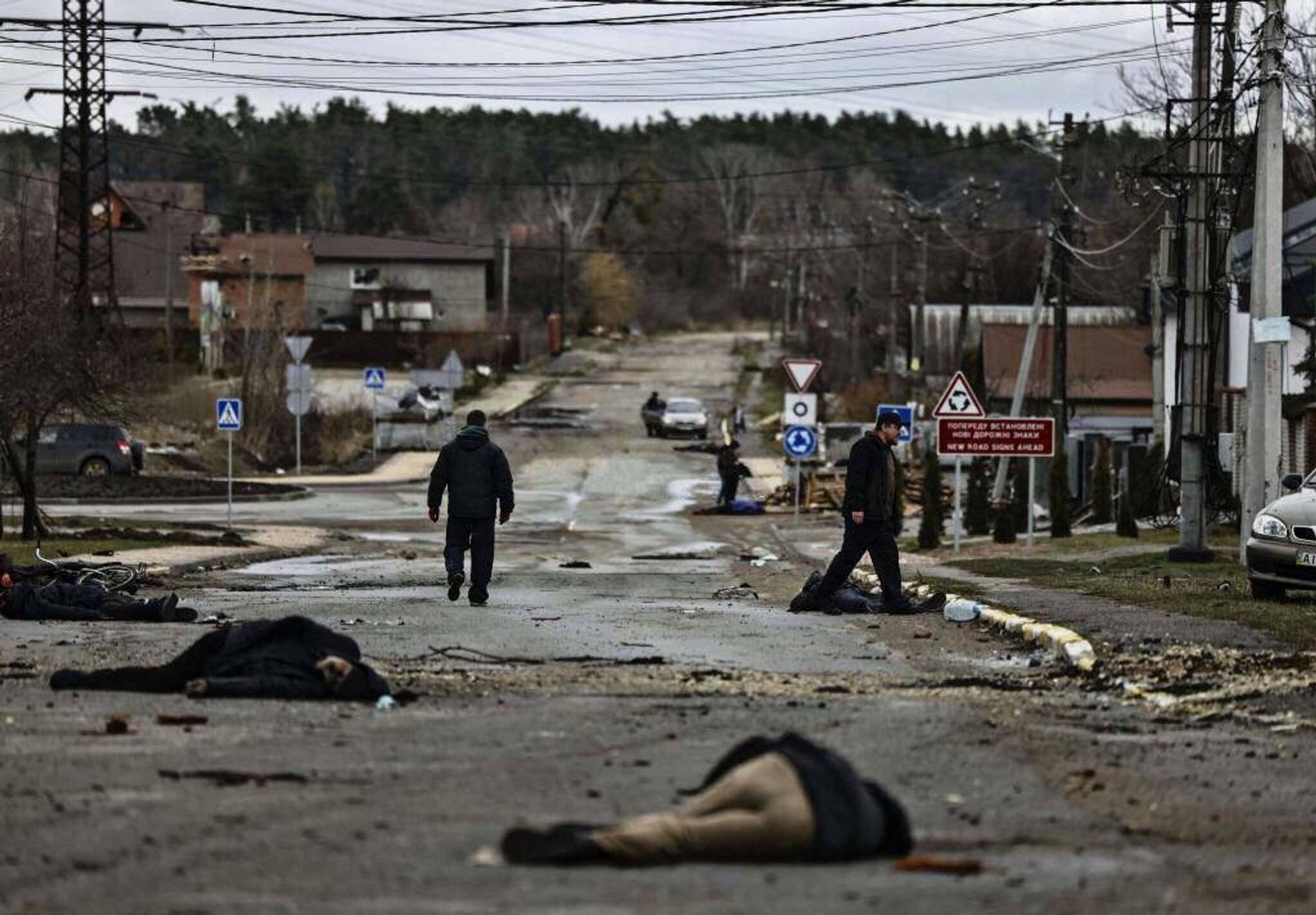
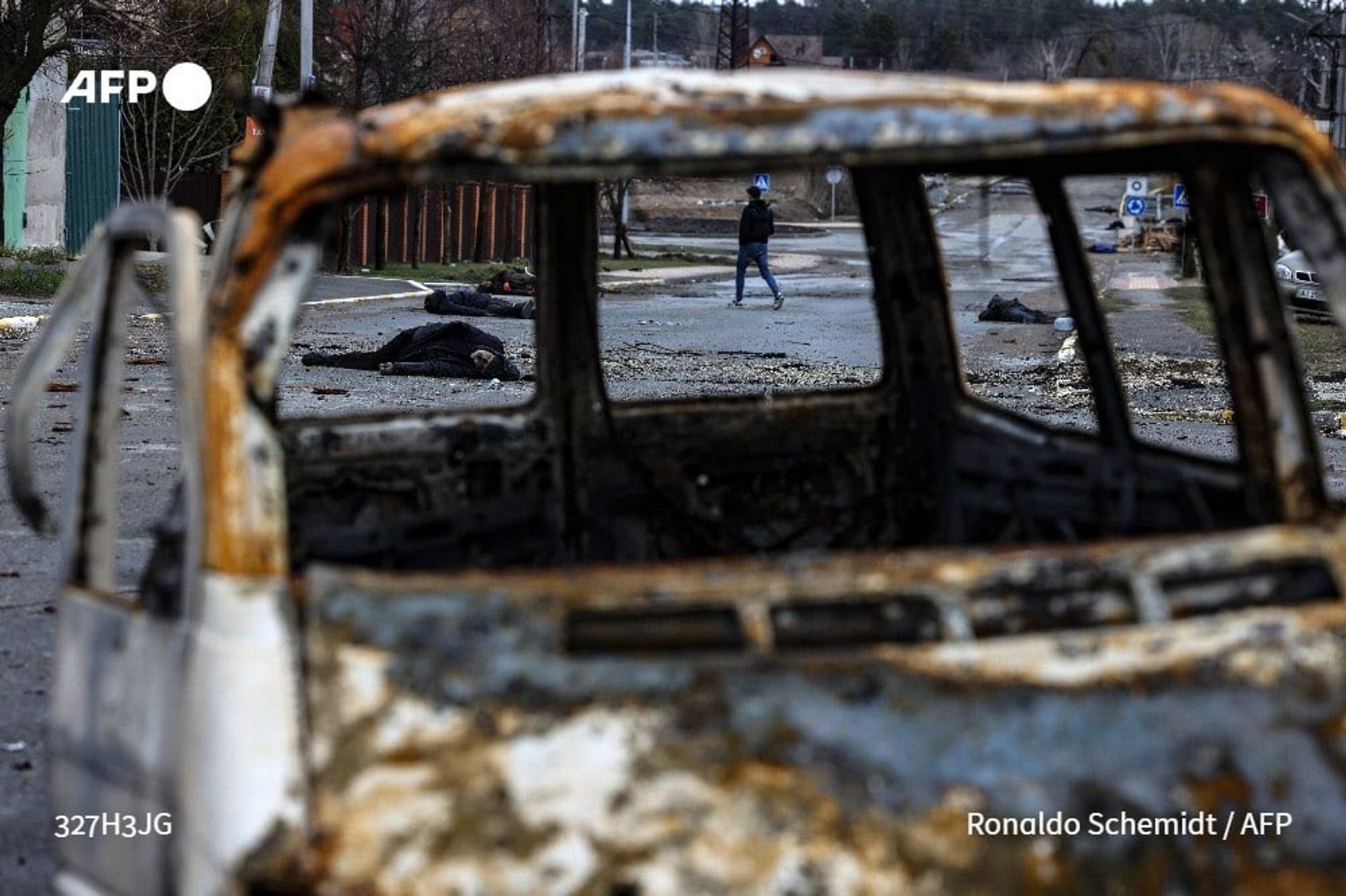
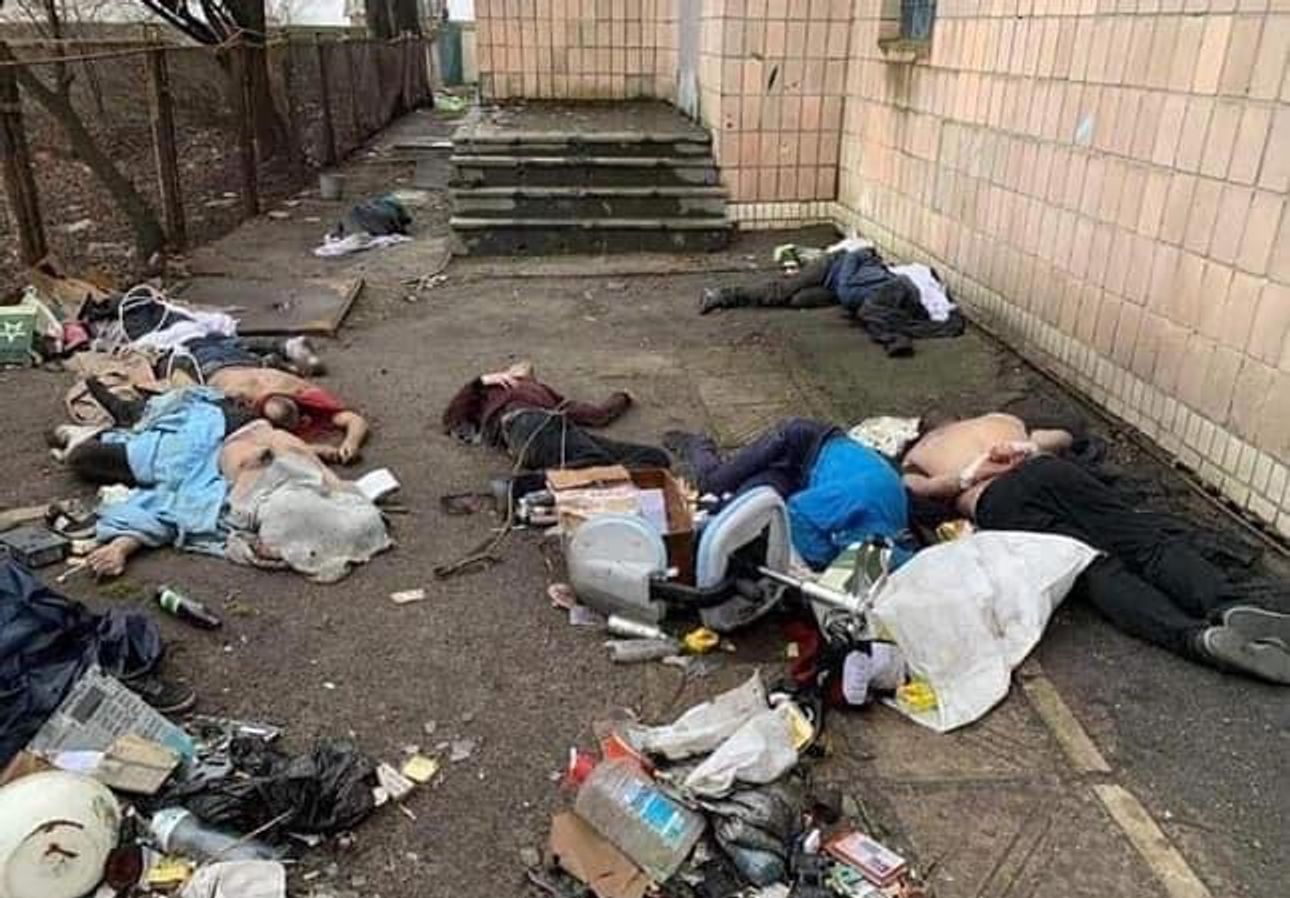
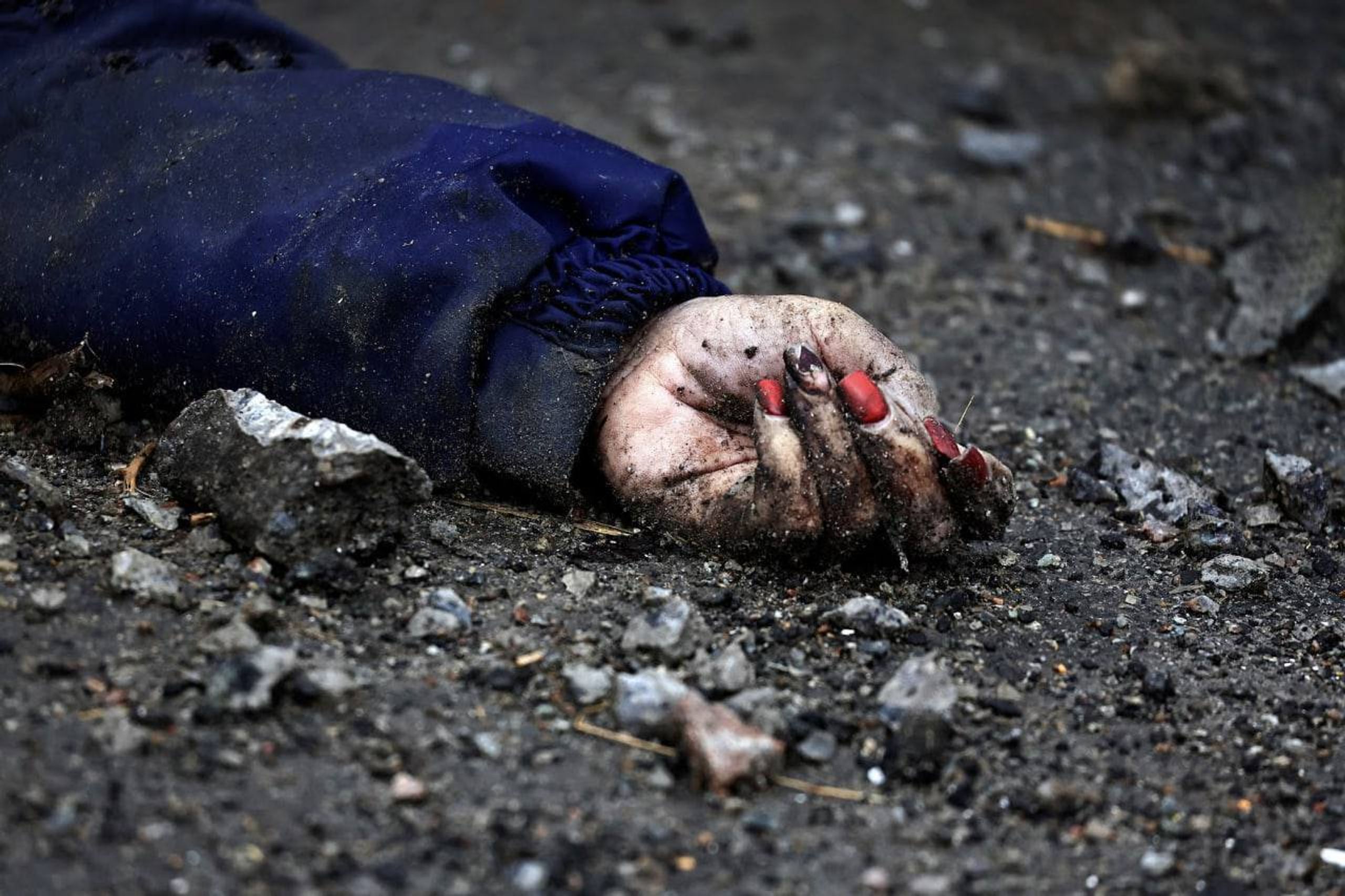
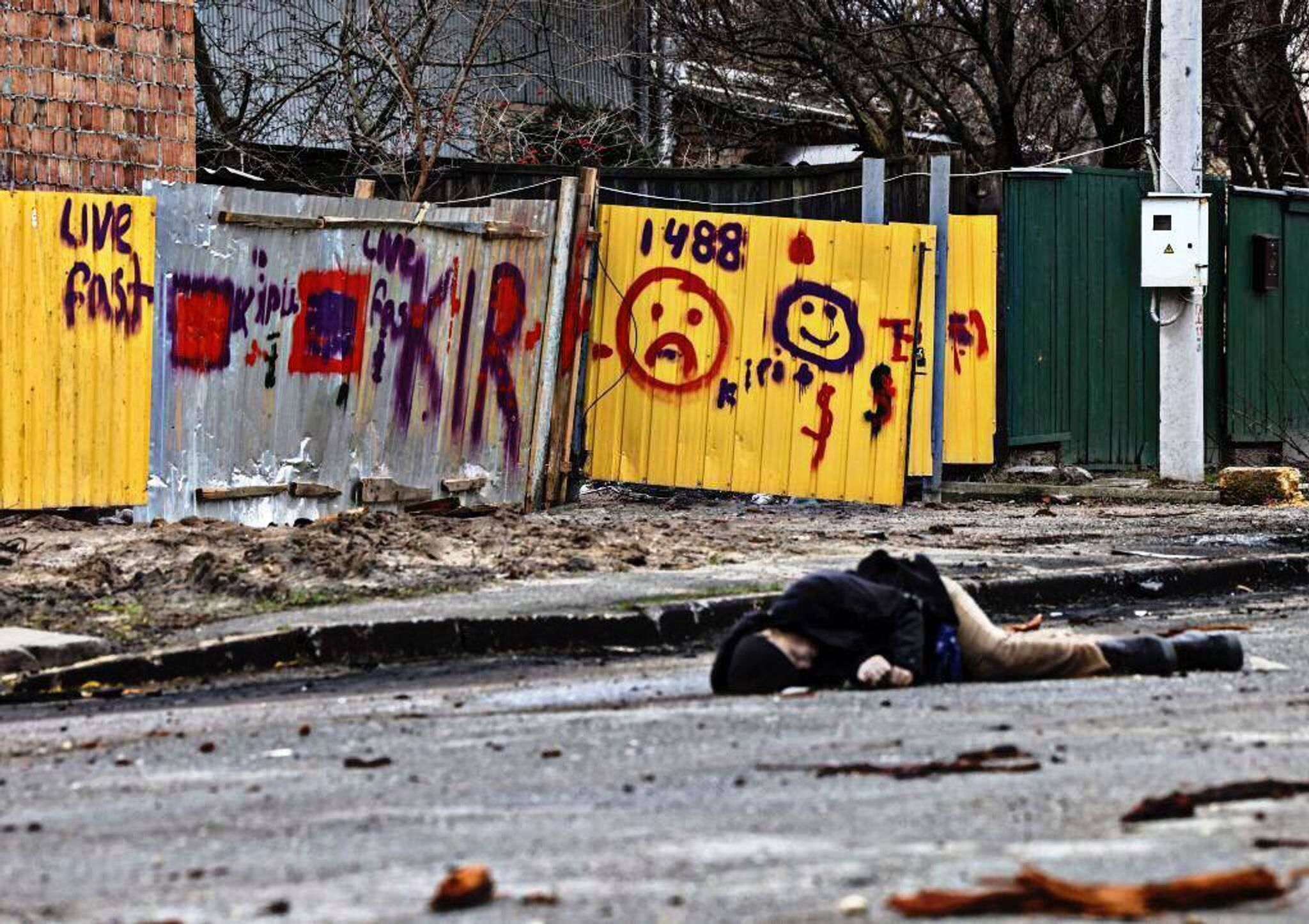
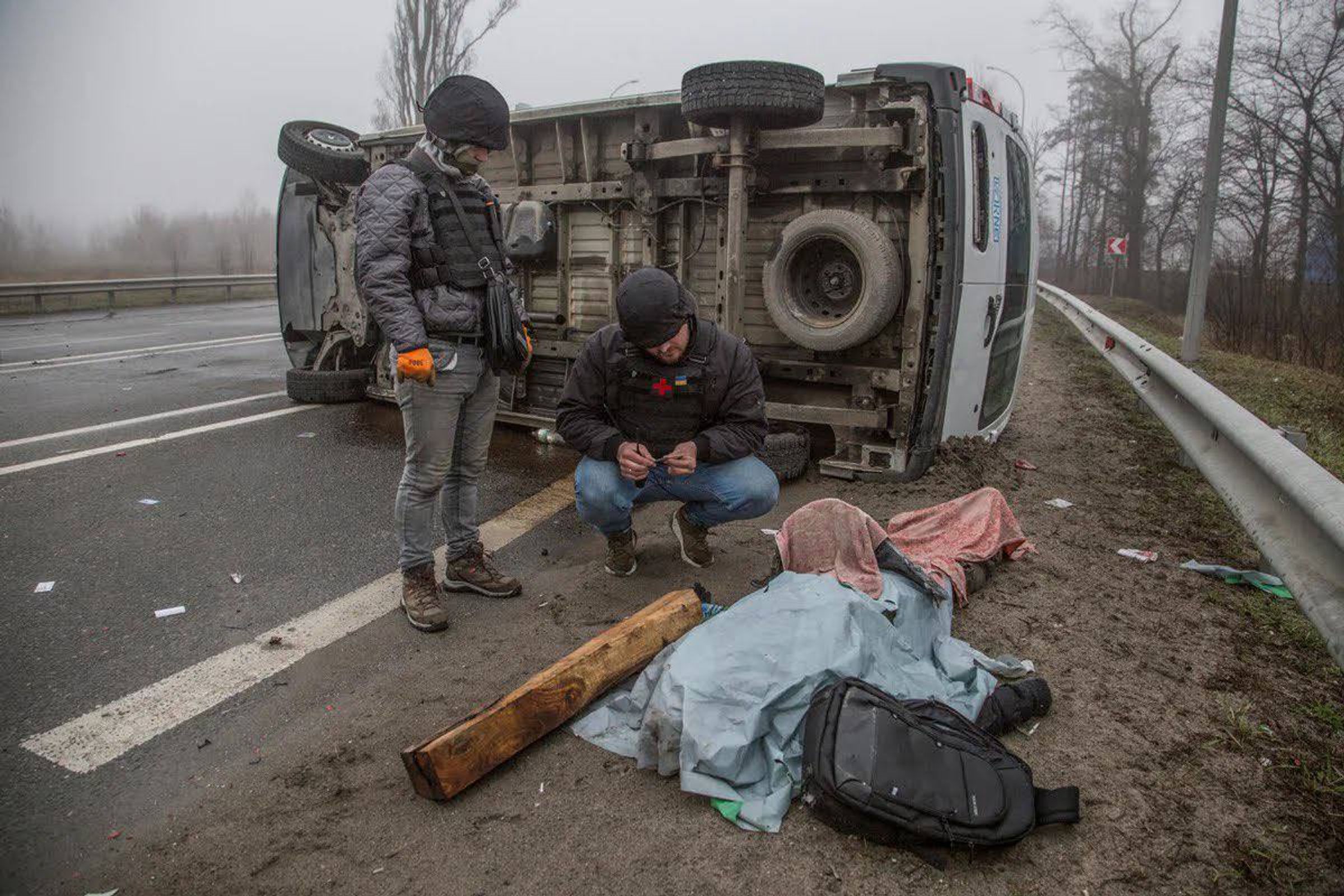
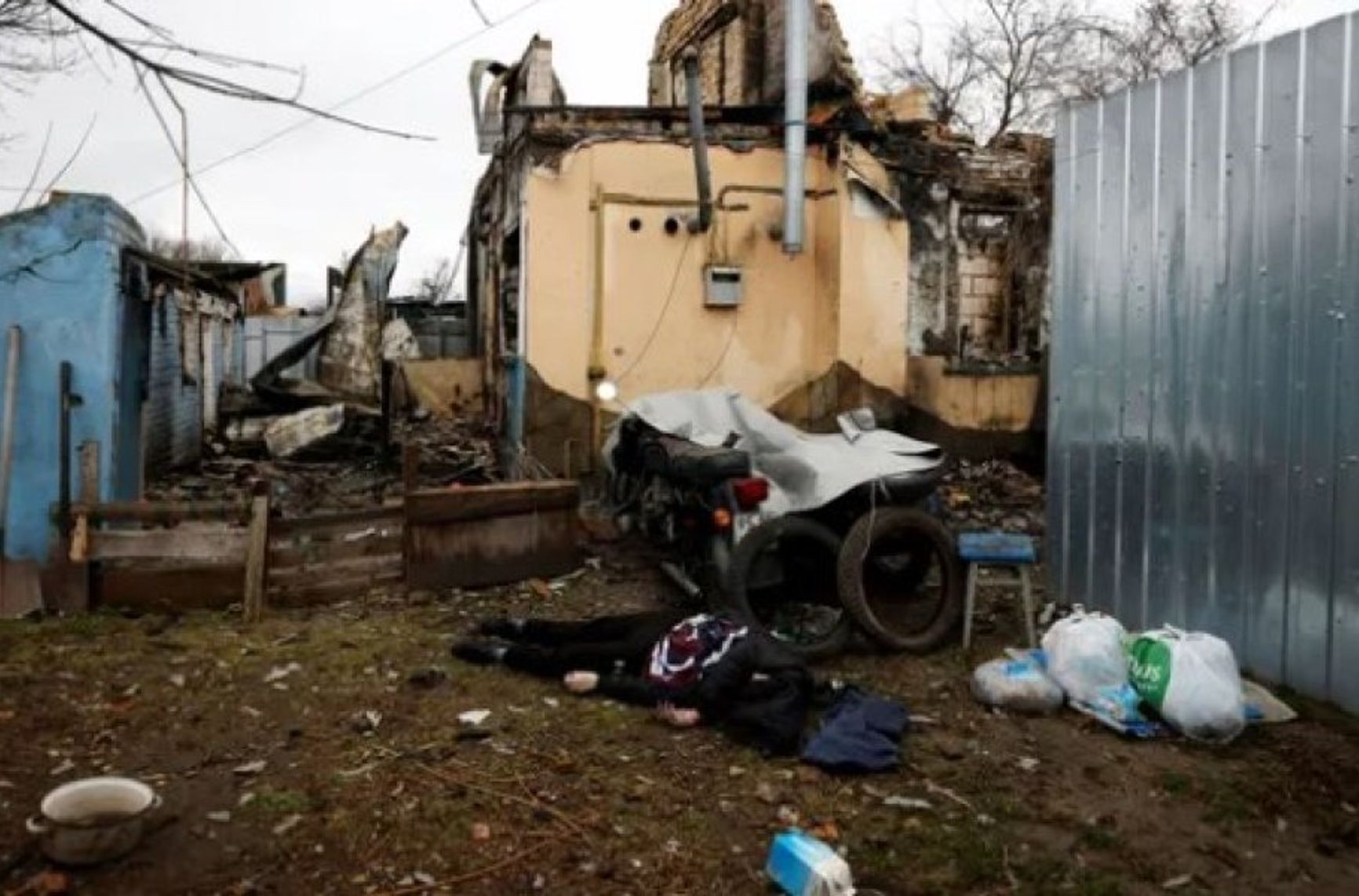
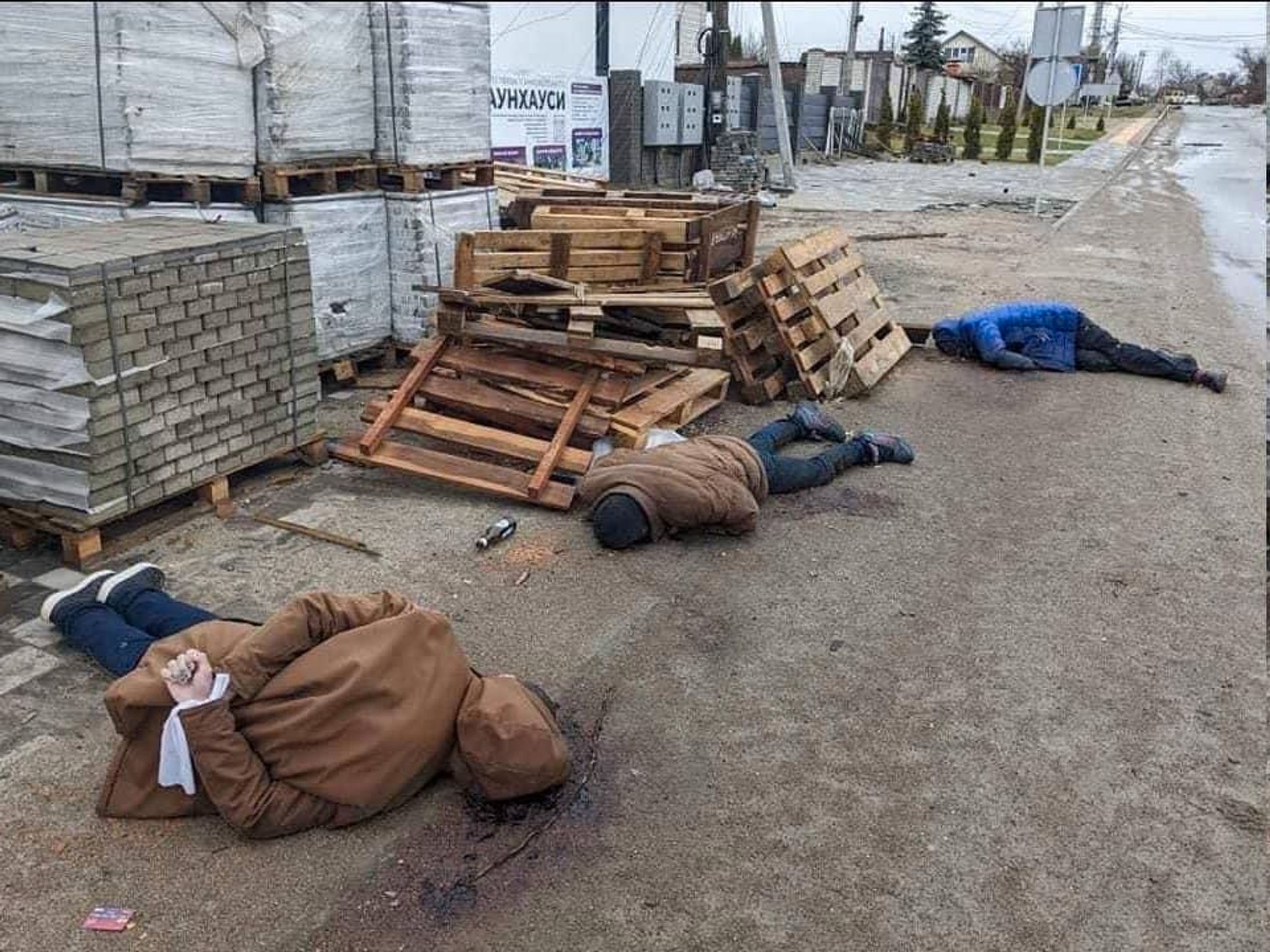
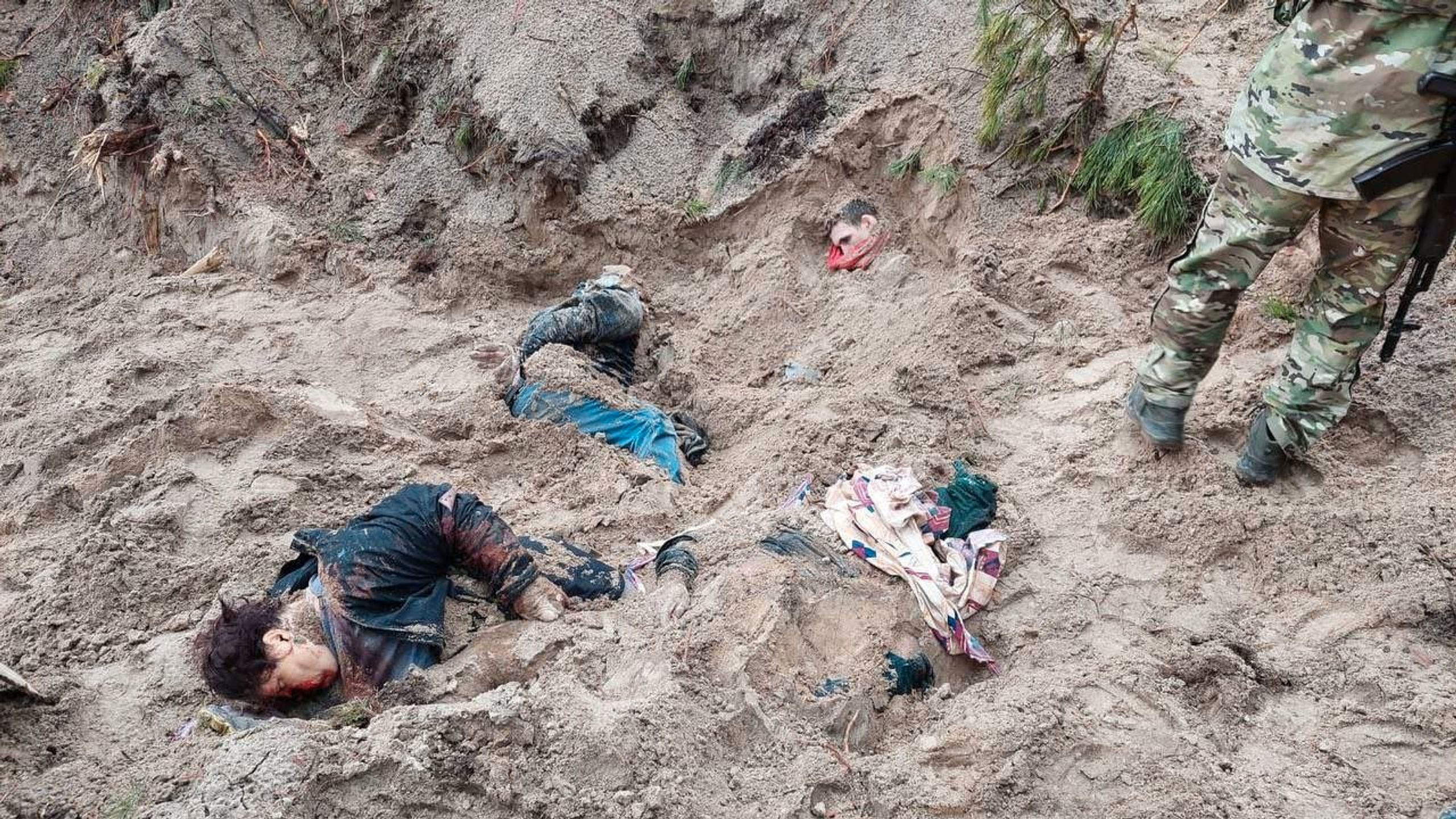
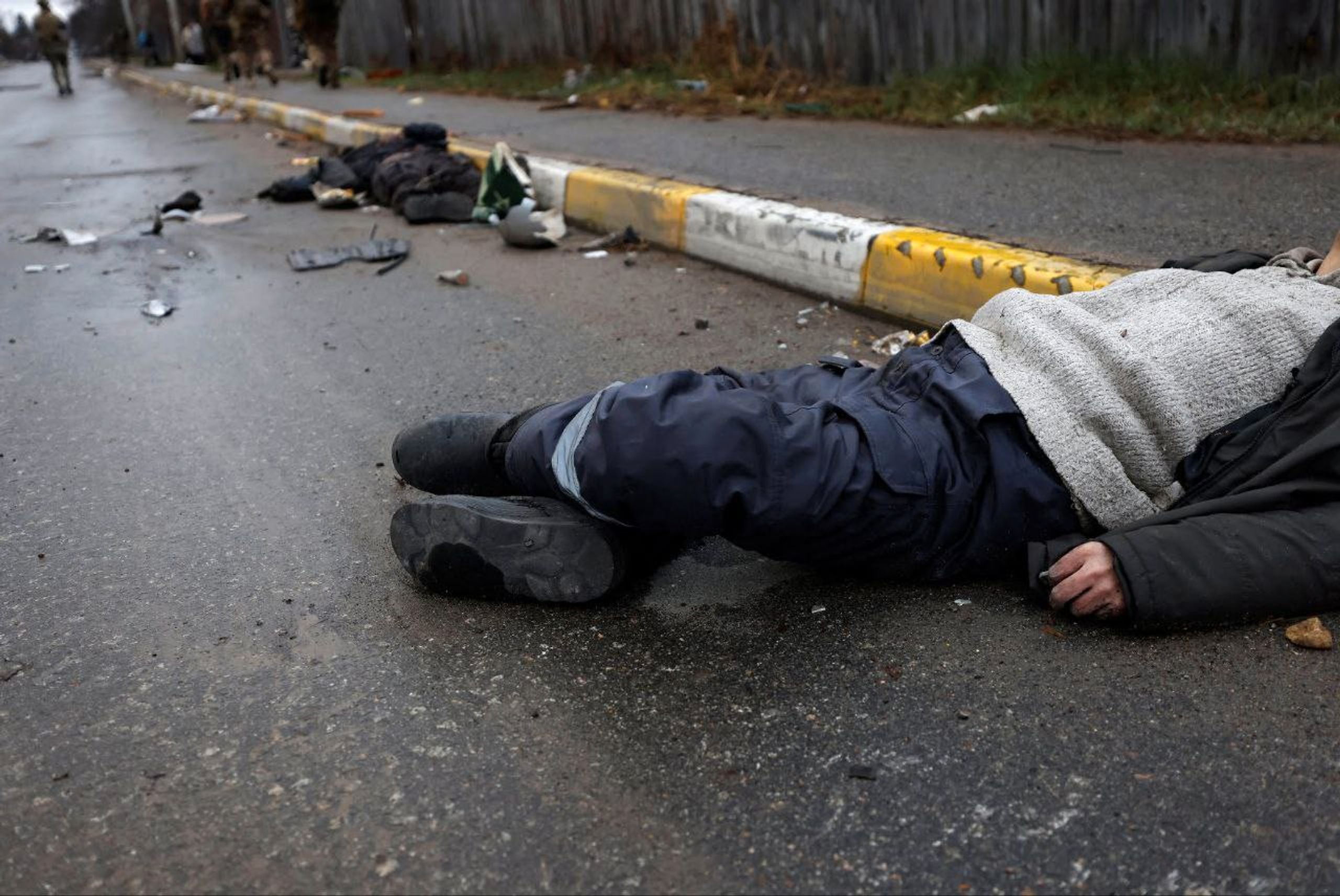
Another proof of the "provocation", according to the prosecutor, is that no one filmed the murders on a smartphone.
Attack in accordance with the Constitution of the Russian Federation
According to the prosecutor, despite the existence of Article 29 of the Constitution of the Russian Federation, which guarantees freedom of thought and speech to everyone, it is not applicable to the case of Ilya Yashin, since the rights of a citizen can be limited by federal law "in order to protect the foundations of the constitutional order, morality, health, rights and legitimate interests of other persons, ensuring the defense of the country and the security of the state.
Such a federal law, namely the law “on fakes” or “military censorship”, was successfully adopted in March 2022 immediately after Russia’s invasion of Ukraine, it went through all instances in just two days – unanimously adopted by the State Duma deputies, considered at a meeting of the Federation Council, signed by the president and published. The fact that the law contradicts the Constitution, which prohibits censorship, has been repeatedly noted by lawyers and human rights activists. But, as follows from the prosecutor's speech at the Yashin trial, the authorities are now using this law as an official reason for not applying the article of the Constitution on freedom of thought and speech.
Moreover, it follows from the prosecutor's speech that the attack on Ukraine is dictated precisely by the articles of the Constitution of the Russian Federation, since they oblige the Russian Federation to ensure the peaceful existence of states and peoples. The constitution and norms of international law allegedly forced Russia to set out to defend the rights of Ukrainians, who "even then spoke in favor of reunification with Russia." When exactly they spoke out and what does the Constitution of the Russian Federation with international law to protect Ukrainians in Ukraine have to do with it, the prosecutor did not explain. The following is an excerpt from the indictment in full.
“In accordance with Art. 79.1 of the Constitution of the Russian Federation, the Russian Federation takes measures to maintain and strengthen international security measures to ensure the peaceful existence of states and peoples and to prevent interference in the internal affairs of the state. It should be remembered that in addition to human rights and a citizen of the Russian Federation, Yashin, there are the rights of millions of other people, including citizens of Russia, provided for both by the Constitution and other regulatory legal acts, including international ones – for example, the right to life, protection and security, the right to speak and study freely in one's native language, i.e. all the rights that, after the coup d'état in Ukraine in 2014, are barbarously violated in relation to the people of Donbass, who back then spoke out for reunification with Russia. The goals of the special military operation are the demilitarization and denazification of Ukraine, the protection of the rights and freedoms of people living in the Donetsk and Lugansk People's Republics, as well as in other areas, both accepted into the Russian Federation and under the control of Ukraine.
“The investigator said that I should voice my agreement with the position of the Ministry of Defense”
In his last speech, Ilya Yashin stated that the case was fabricated and had clear signs of illegal political persecution. He emphasized that he followed the classical standards of journalism – he offered the audience not only his own evaluative judgment of these events, but also familiarized them with different points of view on the topic under discussion, voiced the official positions of Ukraine and Russia.
According to Yashin, on the day of his arrest on July 12, in the office of the Main Investigation Department of the Investigative Committee, he drew the attention of the investigation that he voiced the official position of the Ministry of Defense. “To which Lieutenant Colonel Kucherov, with his characteristic wit, noted that the only words missing on the air were that I agree with this statement. It turns out that my fault comes down to public doubt in the words of military officials.
“The second thesis of the prosecutor's office, in my opinion, is even more outrageous and lies in the fact that I was allegedly motivated by political hatred, which makes the charge against me even more serious and allows me to be judged under a more serious article. But in the case file, as you can see, there is no evidence at all to confirm my hatred. On the contrary, this statement of the prosecutor's office, it seems to me, contradicts elementary logic. After all, hatred is more likely to motivate those who unleash wars, and not those who try to stop them.


